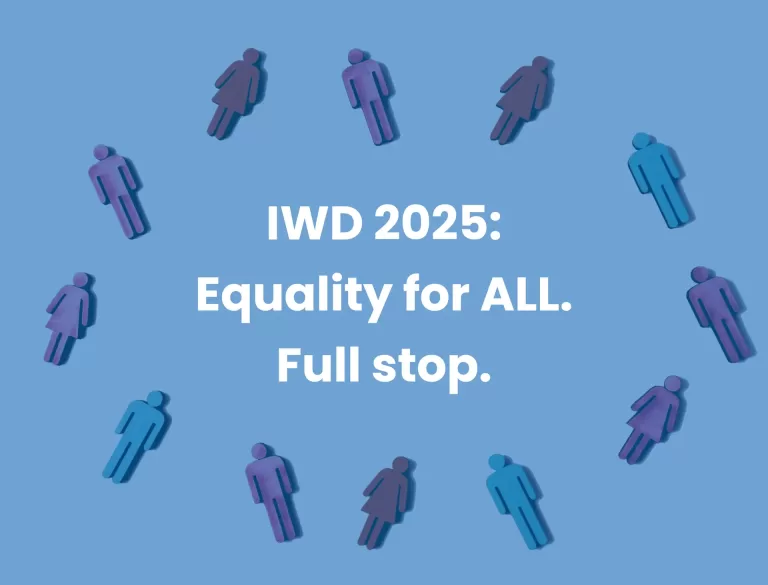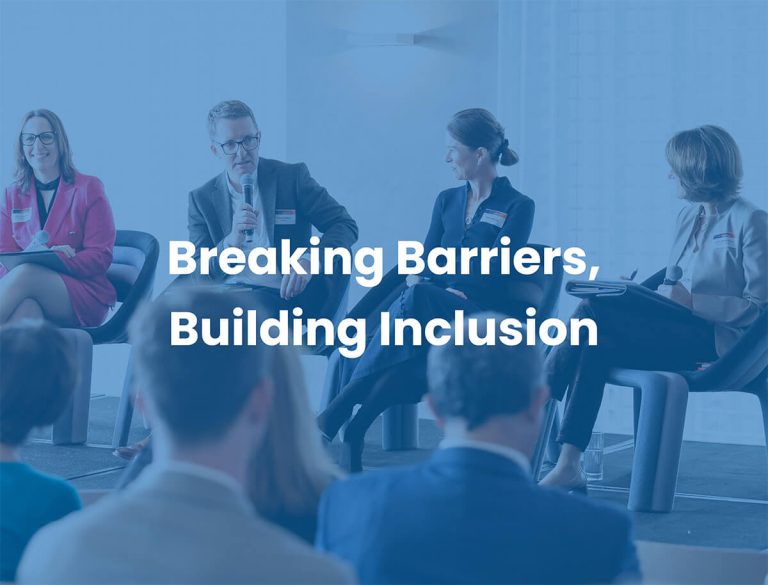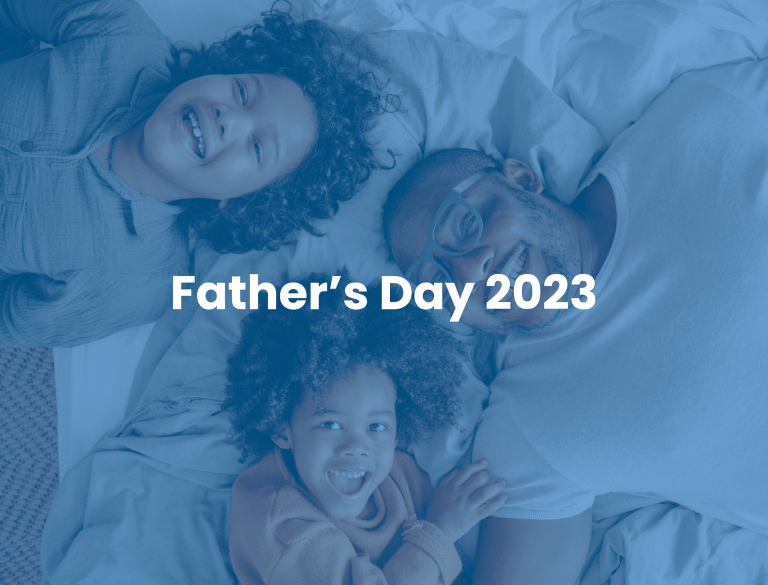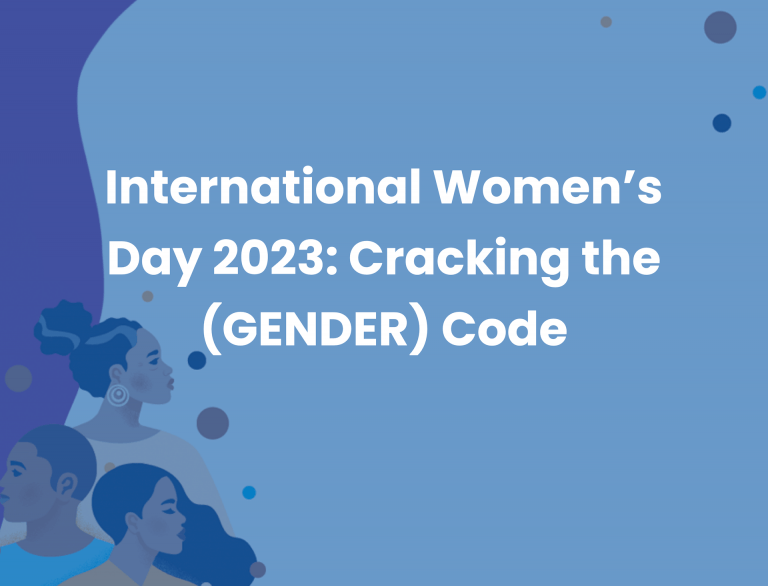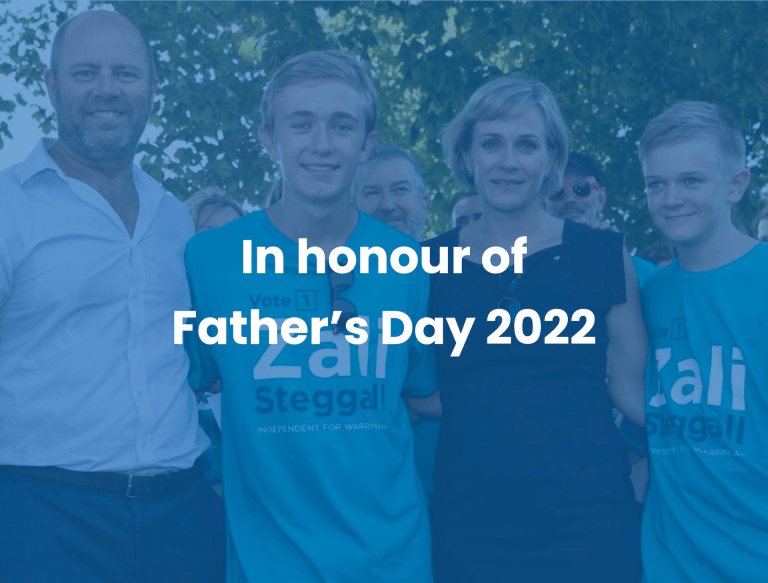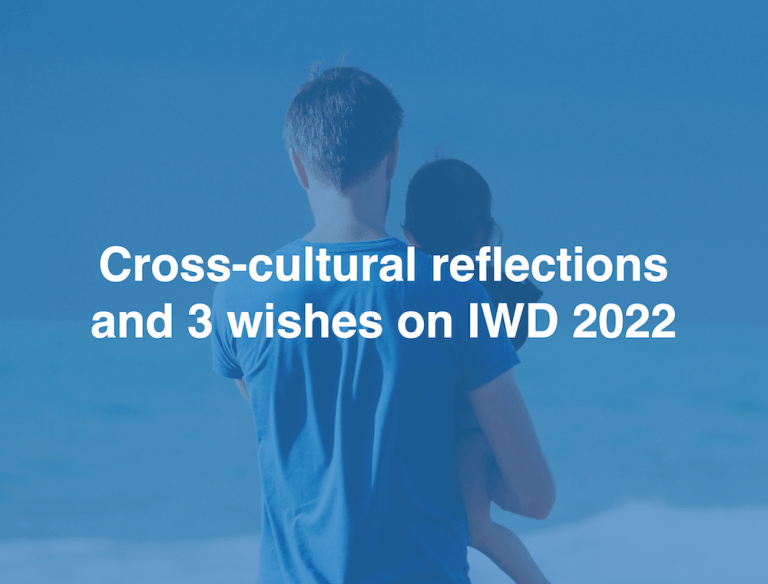Three wishes for International Women’s Day 2020
#IWD is much like birthdays…a time to reflect on what’s going well, along with what we’d like to accomplish or improve.
 By objective measures, the glass is both half full and half empty for women in Australia. From WGEA’s latest Gender Equality Score Card, 50% of firms now provide primary carer leave, but less than 5% of those accessing it are men; over 75% of firms now have gender equality strategies in place, but less than one-third tie diversity goals to KPI’s; and whilst the gender pay gap has decreased once again (albeit by a paltry .5%) men take home, on average, $25K more than their female counterparts.
By objective measures, the glass is both half full and half empty for women in Australia. From WGEA’s latest Gender Equality Score Card, 50% of firms now provide primary carer leave, but less than 5% of those accessing it are men; over 75% of firms now have gender equality strategies in place, but less than one-third tie diversity goals to KPI’s; and whilst the gender pay gap has decreased once again (albeit by a paltry .5%) men take home, on average, $25K more than their female counterparts.
From a global perspective, it’s a little less rosy: measured against 153 countries, Australia’s ranks 44th overall in this year’s #WEF’s Global Gender Gap Report (down from 15th in 2006). Whilst the country continually ranks first in terms of women’s educational attainment, we’ve fallen to 57th in terms of women’s political empowerment; 49th on economic participation and opportunity; and 104th on measures of health and survival.
So, what do I wish for in 2020?
1. Greater political engagement to shift the numbers
 Our disappointing ranking in terms of economic participation and political empowerment is something we could shift overnight, with government onside. Less than one-third of our House of Representatives is comprised of women, yet, thanks to the introduction of a quota system, the Australian Labor Party increased its female representation from 10.3% in 1988 to 46% today.
Our disappointing ranking in terms of economic participation and political empowerment is something we could shift overnight, with government onside. Less than one-third of our House of Representatives is comprised of women, yet, thanks to the introduction of a quota system, the Australian Labor Party increased its female representation from 10.3% in 1988 to 46% today.
Why does this matter? Because women legislators prioritise family-friendly policies, healthcare and education. Imagine how quickly a globally competitive parental leave scheme would be introduced, or a comprehensive program to prevent domestic and family violence, or adequately funded public education, or unfettered access to reproductive health. But none of these things will change if we continue to play the ‘quiet Australian’ sitting by as one of our major political parties largely backs conservative, middle-aged men who have little understanding of, or empathy for, the challenges Australian women face. We currently rank 5th in the OECD in terms of women working part-time, in part due to our inadequate parental leave and limited access to affordable childcare policies. And the long-term impact of increased time out of the workforce is a superannuation gender gap of 40%.
We can shift all of this by engaging in the political process. From the simplest of measures, such as encouraging your federal representative to support women, men and families, to the most involved—standing for office, or supporting women who will. Organisations such as Women for Election Australia or Emily’s List are there to help.
2. Shifting the narrative from ‘What’s in it for Women?” to “What’s in it for Men and Women?”
 “In a two-horse race, always back self-interest” Paul Keating famously said, illustrating one of the key tenets of behavioural change. For decades, we’ve loudly proclaimed how gender equality benefits women. Which, as Keating knows, is not the argument that is going to change the hearts and minds of men. In the last decade though, there is increasing evidence that equality equally benefits men. Men in gender-equal partnerships have better mental and physical health outcomes, better relationships with their spouse and children and better sex. That last point alone should be enough to win over men as allies! But seriously, in a country where the number one cause of death amongst men aged 18-44 is suicide, in part due to societal pressure to ‘provide and protect’, sharing the load should be presented as one of the many positives of gender equality as opposed to an existential threat.
“In a two-horse race, always back self-interest” Paul Keating famously said, illustrating one of the key tenets of behavioural change. For decades, we’ve loudly proclaimed how gender equality benefits women. Which, as Keating knows, is not the argument that is going to change the hearts and minds of men. In the last decade though, there is increasing evidence that equality equally benefits men. Men in gender-equal partnerships have better mental and physical health outcomes, better relationships with their spouse and children and better sex. That last point alone should be enough to win over men as allies! But seriously, in a country where the number one cause of death amongst men aged 18-44 is suicide, in part due to societal pressure to ‘provide and protect’, sharing the load should be presented as one of the many positives of gender equality as opposed to an existential threat.
3. Deep reflection on the cultural contributors to our entrenched boys’ club culture, and how we perpetuate it.
“The boys’ club is so entrenched in my firm, it’s almost impossible for women to get ahead.”
 How often do we hear about the injustices related to boys’ club culture, but do we take the time to reflect on its source? Acclaimed Australian author David Leser toured Australia, the US and parts of Europe in 2019 in an attempt to understand the roots of misogyny and gender inequality. At his book launch (Women, Men and the Whole Damn Thing), he shared his experience that Australia, for “whatever reasons”, has a much ‘blokier’ culture than its western counterparts. As an expat who has raised two children across three cultures including this one, I have some personal thoughts on this. Australia has a disproportionately high rate of single-sex, religious-affiliated (read: conservative values) schools relative to other OECD nations and a culture that arguably values sport above all other strengths or attributes.
How often do we hear about the injustices related to boys’ club culture, but do we take the time to reflect on its source? Acclaimed Australian author David Leser toured Australia, the US and parts of Europe in 2019 in an attempt to understand the roots of misogyny and gender inequality. At his book launch (Women, Men and the Whole Damn Thing), he shared his experience that Australia, for “whatever reasons”, has a much ‘blokier’ culture than its western counterparts. As an expat who has raised two children across three cultures including this one, I have some personal thoughts on this. Australia has a disproportionately high rate of single-sex, religious-affiliated (read: conservative values) schools relative to other OECD nations and a culture that arguably values sport above all other strengths or attributes.
‘Boys’ club’ culture is not something that begins in the workplace; it’s a phenomenon that is created, fostered and rewarded in gendered group settings – such as footy fields and all boys’ schools. The ties that are established there are nurtured and solidified over a lifetime. And no amount of unconscious bias training will break the bond of a ‘mates first’ philosophy. Yet, how many of us send our sons to single-sex schools “because his father and grandfather went there,” “because his friends are going there,” because it will set him up for life.” Or how many have forced our gentle, creative sons to join the footy team “because he’ll have no friends if he doesn’t join,” or “we won’t be part of the community if we’re not on the sidelines,” or “this will help toughen him up.”
Now I know this will be my most controversial wish. In Maslow’s Hierarchy of Needs, a sense of belonging is one of the strongest. But shifting from a more entrenched male breadwinner, female carer culture to an equitable society where men and women, boys and girls are equally valued and respected requires disruptive change. So before you put your unborn son’s name on the local elite boys’ private school, or sign him up to a sport that may very well socialise his gentle nature right out of him, stop and think, “Do I want to perpetuate this culture, or do I want to be the change that brings us one step closer to equality?”
Happy International Women’s Day.


